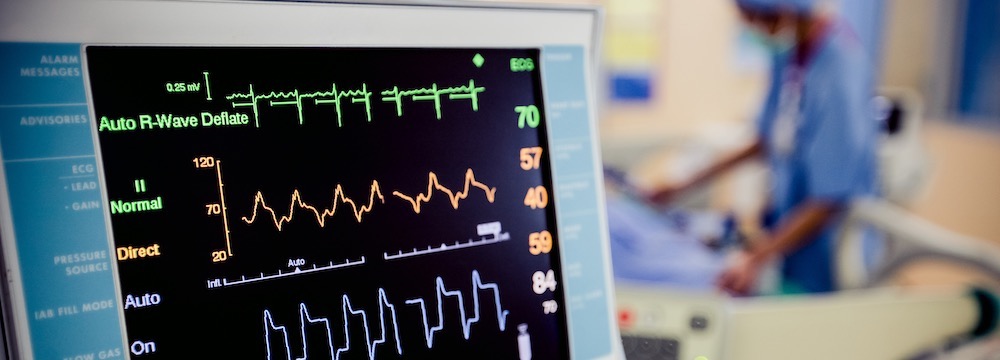My EKG Says I’m Fine, but My Heart Feels Like It’s Pounding Out of My Chest
As specialized cardiologists, we encounter a common concern where patients do not seem to receive a definitive diagnosis, but are convinced they have a cardiac arrythmia or irregular heartbeat. To be sure, there is a possibility that the worry is psychosomatic. However, arrhythmias are often difficult to diagnose without specialized tools that a typical primary care practice would not have.

As patients get older, an EKG or electrocardiogram test becomes standard at each physical. After all, the primary risk factor for arrhythmias is age. However, not all arrhythmias are linear. In fact, early on, arrhythmias are often paroxysmal or occasional. Paroxysmal arrhythmias may occur at varying times and there is often no discernable pattern of onset. However, EKGs can only detect an arrhythmia at the time the test is being performed. Think of the EKG as a snapshot in time that would have to coincide exactly with when the patient is having the arrhythmia.
When patients complain that they feel palpitations, but the EKG shows normal, it is time to see an advanced heart specialist known as an electrophysiologist or EP. EPs are specialty-trained on electrical issues of the heart. Most commonly, EPs diagnose and treat a tachycardia or fast heartbeat known as atrial fibrillation or AFib.
How We Diagnose Afib
Afib, at its earliest stages, may be rather difficult to detect. As such, we use advanced diagnostic tools including Holter monitors, event monitors and loop recorders to follow the heart longer-term. This may be anywhere from a few days to several months. The data is then analyzed by our EPs. Sometimes, even these diagnostic tools are not able to pick up the arrhythmia. At this point, if we suspect that an arrhythmia is truly to blame, we will perform an EP study. During this procedure, a catheter is threaded through the femoral vein of the groin and up to the heart. Sensitive mapping technology checks for errant electrical signals in the heart. We can even induce an arrhythmia, either mechanically or with medication. If we find a treatable arrhythmia, it can be cured on the spot, using what is known as cardiac catheter ablation. Ablations use heat or, alternately, cold therapy to destroy heart tissue causing the problematic electrical signal.
Of course, any unusual chest pain or heart palpitation should be evaluated by a qualified cardiologist as soon as possible. If you believe you are having a medical emergency, be sure to head directly to the emergency room or dial 911. For non-emergent issues, please schedule a consultation with one of our specialized cardiologists.







